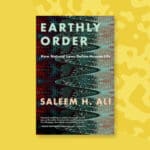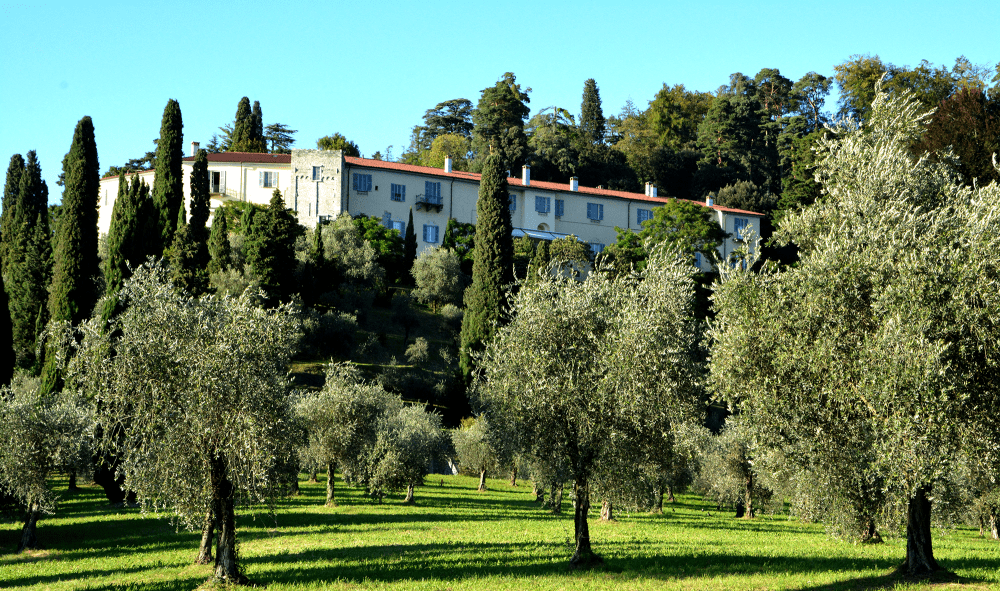A few words from Saleem:
 “I was finishing the final chapters and introduction during my residency at the Bellagio Center. I remember interacting with architect Laura Lee and sociologist Reuben Miller who helped me consider concepts of panarchy and urban design in ways that I had not previously considered.”
“I was finishing the final chapters and introduction during my residency at the Bellagio Center. I remember interacting with architect Laura Lee and sociologist Reuben Miller who helped me consider concepts of panarchy and urban design in ways that I had not previously considered.”
Quote from Earthly Order:
“Keeping perspective on the divergence in order and equilibrium processes between natural versus human-social systems can avoid cognitive disjuncture’s and lead to more effective planning. Ultimately, this book will have served its purpose if readers can test their own comfort zones about what is orderly in the natural world while interrogating the structures in our social, economic, and political lives.”
Synopsis:
The COVID-19 pandemic has brought forth global anxiety about linkages between the environment and society at a fundamental structural level. “Earthly Order: How Natural Laws Define Human Life” provides an accessible exposition of the latest foundational knowledge on how natural and social systems science can inform planetary crises. Humanity has either tried to conquer or capitulate to natural order, whereas we should be seeking to understand latent structures and patterns that permeate all systems and develop an “earthly order,” that is socially functional and sustainable.

 “I was finishing the final chapters and introduction during my residency at the Bellagio Center. I remember interacting with architect Laura Lee and sociologist Reuben Miller who helped me consider concepts of panarchy and urban design in ways that I had not previously considered.”
“I was finishing the final chapters and introduction during my residency at the Bellagio Center. I remember interacting with architect Laura Lee and sociologist Reuben Miller who helped me consider concepts of panarchy and urban design in ways that I had not previously considered.”